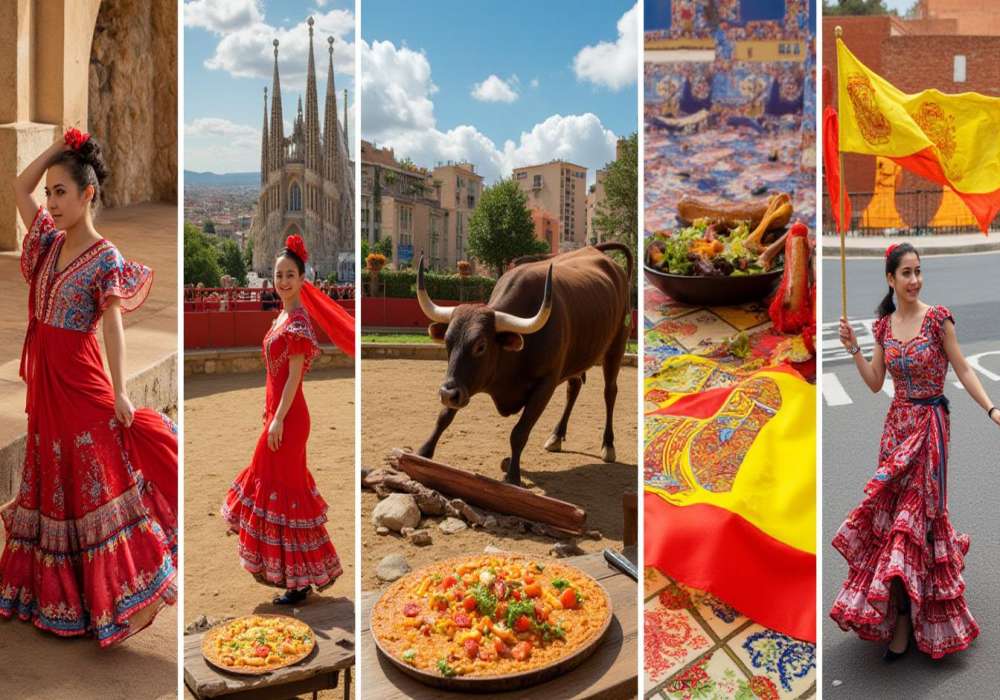
Last Updated At: 01-Sep-2025
14 Fun Facts About Spain | You Need To Know In 2025
Spain is a dynamic European country with a rich cultural history and varied landscapes. Its ancient civilisations' history has discovered a distinctive fusion of traditions. Spain, known for its spectacular architecture, flamenco music, and dancing, has sites like the Sagrada Familia and the Alhambra Palace. Spain is enchanting with its dynamic attractiveness due to its beautiful beaches along the Mediterranean and Atlantic coasts, picturesque countryside and thriving towns like Madrid and Barcelona. Spain is well-known for its delectable cuisine, which includes paella and tapas, and its lively Spanish festivals and welcoming people.
List Of 14 Amazing Facts About Spain
If you live in Spain or want to visit, the fascinating facts about the nation of Spain are mentioned below:
- Spanish Siesta Tradition
- The Long Lifespan of Spaniards
- There Can Not be Enough Childcare
- Each year, 150,000 Tomatoes are Thrown Away
- An Integral Part of Spanish Culture
- Features 49 UNESCO World Heritage Sites
- A Footballing Giant of the World
- Limited Tax Inspectors
- Has the Oldest Restaurant in the World
- It has Lower-than-average High School Qualifications
- For Fans of Olive Oil, It's Ideal
- Spain Has an Artistic Side
- In Spain, There is no Tooth Fairy
- It's Not as Religious as you Believe
1. Spanish Siesta Tradition
A midday stop to rest and refresh is part of the deeply ingrained Spanish siesta custom. This custom, which usually lasts from 2 to 4 p.m., honours the warm environment of the nation and promotes a quick nap or moment of relaxation. The siesta continues to emphasise Spain's healthy work-life balance and unhurried living, even though modern lives have changed its prominence.
2. The Long Lifespan of Spaniards
Spanish people live longer, contributing to the nation's reputation for healthy lifestyles and high-quality healthcare. The Mediterranean cuisine, an active lifestyle, and easy access to healthcare services all contribute to their longevity, which exceeds 83 years on average. Strong family ties and social ties also foster a supportive environment. These components work together to create a culture that encourages happiness and contributes to the longer lifespans seen among Spaniards.
Read More : Famous Festivals Of Spain
3. There Can Not be Enough Childcare
There is still a huge need for quality childcare, and there are usually not enough places available. Access to reliable childcare services becomes crucial as parents balance work and family obligations. Unfortunately, the current infrastructure is inadequate, making it difficult for many families to find viable solutions. For the sake of encouraging work-life balance and assisting in the development of children, this issue must be addressed.
4. Each year, 150,000 Tomatoes are Thrown Away
An unexpected 150,000 tomatoes are thrown away each year, which is a wasteful use of resources. This excess of edible products wastes agricultural resources and worsens environmental problems. Raising awareness of the problem and working to reduce food waste through improved distribution, storage, and consumer education are both necessary. By valuing and utilising each tomato, you can enhance sustainability and ethical consumption.
5 An Integral Part of Spanish Culture
The "corrida de toros," or bullfight, has long been considered a fundamental aspect of Spanish culture. This age-old custom dates back centuries and mixes artistry, athleticism, and tradition. Despite being contentious, it has been praised for its relationship to Spanish history and how it is depicted in literature and the arts. Even in current times, topics of cultural preservation and moral issues surrounding bullfighting continue to elicit strong feelings.
Read More : Famous Food Of Spain
6. Features 49 UNESCO World Heritage Sites
Spain has a remarkable collection of 49 UNESCO World Heritage Sites, highlighting the country's extensive history and varied landscapes. These locations look into the country's past, from architectural wonders like the Alhambra in Granada to mediaeval city centres in Toledo and Salamanca. Spain's UNESCO recognition is further enhanced by its stunning natural surroundings, which attract visitors from all over the world. These treasures include the Teide National Park and the Garajonay National Park.
7. A Footballing Giant of the World
Spain is a soccer superpower known for its extraordinary talent and success on the international level. They have a long history and have won several championships, including the UEFA European Championship and the FIFA World Cup. With its characteristic "tiki-taka" possession-based style of play, Spain has established its status as a footballing giant and received adoration from all over the world.
8. Limited Tax Inspectors
Tax laws and regulations have established duties and authority for tax inspectors. They have the power to look into and evaluate taxpayers' financial records to ensure that all tax requirements are being met. These experts are essential in preserving tax collections and fighting tax evasion. They confirm income, expenses, and deductions through audits and examinations. Their work helps to create an equitable tax system.
9. Has the Oldest Restaurant in the World
The oldest restaurant in the world is the "Restaurante Botin" in Madrid, Spain, which has been active since 1725. It continues to attract tourists worldwide because of its rich history and traditional Spanish food, which offers a taste of centuries-old gastronomic heritage.
Read More : Things To Do In Spain
10. It has Lower-than-average High School Qualifications
The school has lower-than-average rates of high school graduates, which may be caused by some things, including insufficient funding, an absence of academic support, or the difficulties students experience in their socioeconomic lives. High school graduation rates and educational outcomes of kids can be improved by addressing these challenges through focused interventions and community involvement.
11. For Fans of Olive Oil, It's Ideal
Spain is the ideal vacation spot for people who love olive oil. Spain is home to some of the best olive oils in the world due to its long history of olive farming and production. Spanish olive oil's remarkable flavour and quality result from the Mediterranean environment and various geographies. Spain's olive oil experience is unparalleled, from the rolling groves to the antique presses.
12. Spain Has an Artistic Side
A fascinating tapestry of innovation and history can be found in Spanish cultural heritage. Famous artists from the nation, such as Pablo Picasso and Salvador Dal, have permanently etched their names into art history. Various cultures have influenced Spanish art, as seen by architectural wonders like the Sagrada Familia and historical places like the Alhambra. Flamenco, a passionate dance style, heightens the appeal of the arts. Spain's rich cultural legacy ensures a unique artistic experience.
13. In Spain, There is no Tooth Fairy
Contrary to popular belief, Spanish customs regarding missing teeth differ from those in the United States. Instead of a fairy, a mouse named "Ratoncito Pérez" steals the baby teeth left under pillows. Spanish families adore this endearing tradition, which dates back to the early 20th century. The mouse's funny role in tooth collection makes childhood memories in Spain more interesting.
14. It's Not as Religious as you Believe
Although Spain is generally considered to have a strong Catholic culture, its society has recently shifted toward a more secular outlook. Catholicism continues to have a substantial cultural impact, but the church's hold on daily life has decreased. Many Spaniards consider themselves neither religious nor have developed a more open-minded view of spirituality. This change demonstrates how Spain's social landscape changes and reflects a more significant trend toward modernisation and diversity of opinions.
Read More : Places To Visit In Spain
Join Adotrip for a beautiful journey in Spain! Learn about fascinating destinations, delight in thriving culture, and enjoy excellent cuisine. Discover the architectural marvels of Barcelona, relax on the Costa del Sol's warm beaches, and delve deeply into Madrid's art and history. Let Adotrip assist you while you conveniently and expertly discover the top tourist attractions in Spain.
With us, nothing is far!
Frequently Asked Questions About Facts About Spain
Q1. What is the official name of Spain?
A1. "Kingdom of Spain" is the full name of the country. It is a nation situated on the Iberian Peninsula in southwest Europe. Spain is renowned for its extensive past, varied culture, and stunning scenery. It is a parliamentary monarchy with a constitutional form of government.
Q2. What is the capital and largest city of Spain?
A2. Madrid is Spain's most extensive and capital city. Madrid, located in the nation's centre, is its political, cultural, and economic centre. Madrid is a significant European capital and a well-liked tourist destination due to its iconic architecture, top-notch museums, active street life, and vibrant atmosphere.
Q3. Who is the current monarch of Spain?
A3. King Felipe VI, born on December 30, 1968, is younger than his two sisters but succeeded to the Spanish throne according to the country's male-preference primogeniture system, which gives male successors precedence over female offspring of the monarch. On June 19, 2014, Felipe ascended to the monarchy after his father abdicated. On May 22, 2004, he married Queen Letizia of Spain.
Q4. What is the official language spoken in Spain?
A4. Spanish, often known as Castilian, is the national tongue of Spain. It is widely used as the principal language of administration, communication, and education. Additionally, Catalan, Galician, and Basque are only a few of Spain's co-official regional tongues spoken in their respective territories.
Q5. What is Spain's population?
A5. In January 2023, 47.54 million people were living in Spain. According to data, between 2022 and 2023, Spain's population fell by 35 thousand (-0.07 per cent). In Spain, women comprise 51.0% of the people, while men comprise 49.0%.
Q6. What major religion do most Spaniards follow?
A6. Roman Catholicism is the main religion practised by the majority of Spaniards. It has traditionally greatly impacted how Spain's culture and traditions have evolved. Catholicism continues to be firmly ingrained in the culture, and numerous religious holidays and rituals are still observed across the nation, even though the country has recently become increasingly diverse.
Q7. What is Spain's literacy rate?
A7. The percentage of adults who are at least 15 years old who can read and write is known as the literacy rate. Spain has a literacy rate of about 98.59 per cent.
Q8. What is the national flower of Spain?
A8. The carnation (Dianthus caryophyllus) is Spain's national flower. This colourful and fragrant flower has special cultural significance in Spanish culture; it is mainly used for festivals, celebrations and a statement of adoration and affection. Its inclusion in literature and art demonstrates how crucial it is to Spanish culture.
Q9. How many UNESCO World Heritage Sites does Spain have?
A9. Spain takes great pride in the forty nine Spanish sites currently listed as part of the World Heritage List. This is due to the country's long, complicated history and the global character of its territorial and cultural expansion.
Q10. What is a popular national dish of Spain?
A10. Paella is a savoury rice dish often prepared in a sizable flat pan and is one of Spain's most well-known national cuisines. Paella is a delicious dish made with saffron-infused rice and different meats, including chicken, rabbit, shellfish, and various vegetables. It is a Valencian speciality. It displays the varied and rich culinary history of Spanish cuisine.
--- Published By Adotrip
Latest Blogs

Cash in the Wild: My Safari Adventure Across Kenya with Only...

One Day Picnic Spot Near Pune - Adventure, Trekking and Natu...

One Day Picnic Spots Near Mumbai - Monsoon, Adventure, Beach...

The Best Places to Go in Thailand in 2025


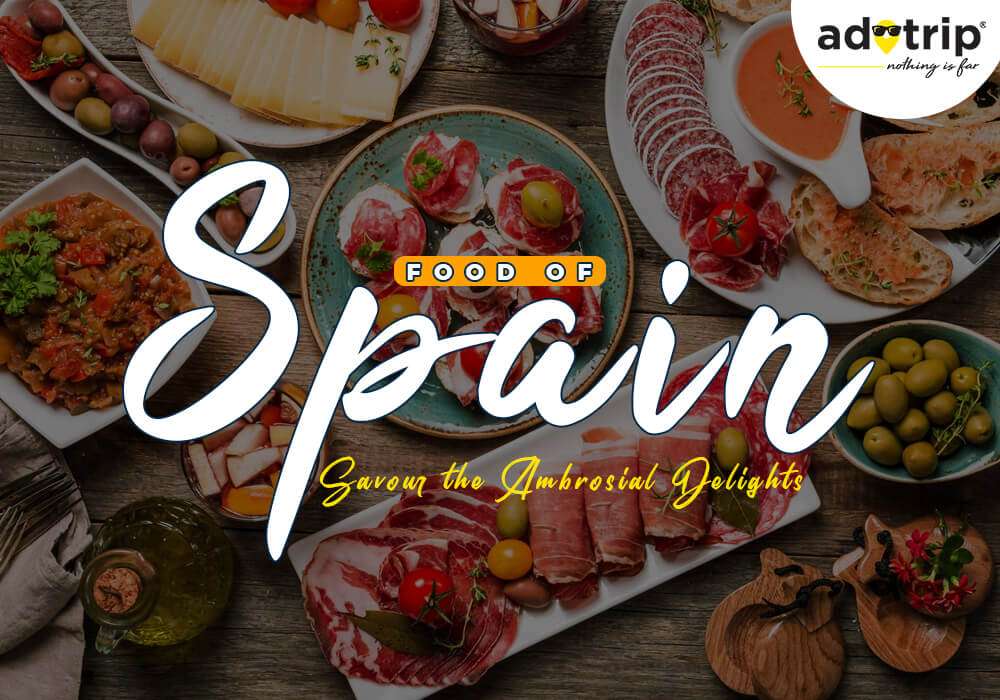
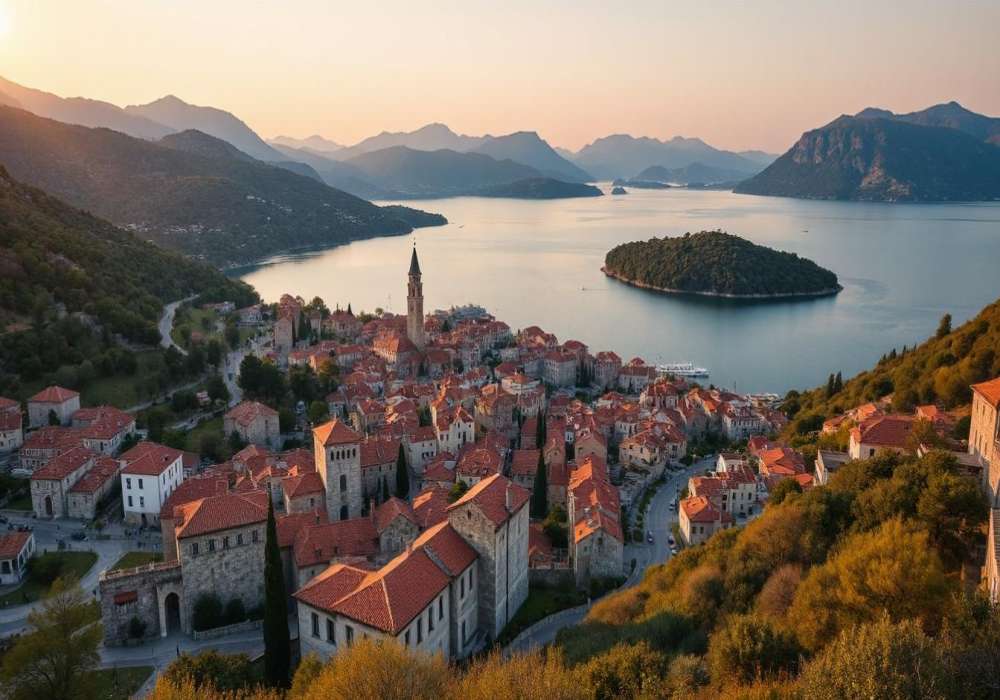

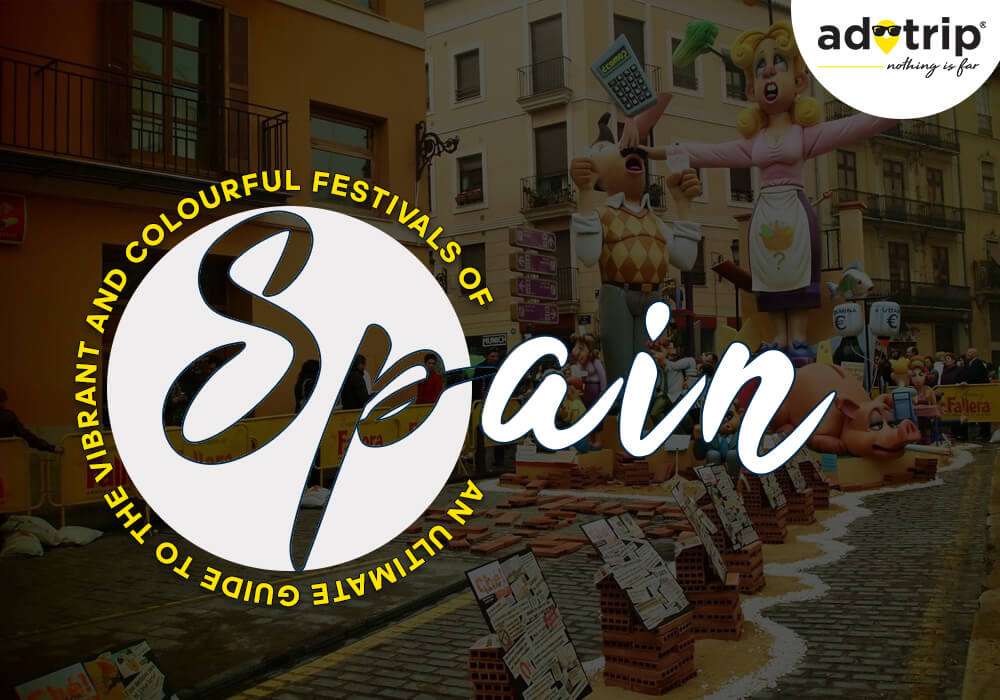
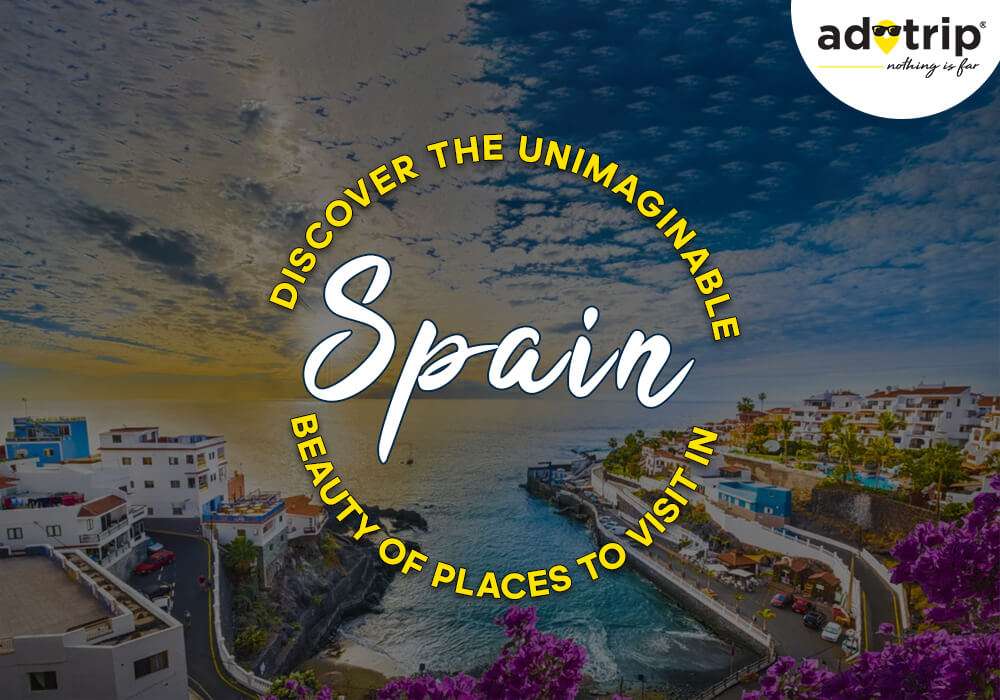
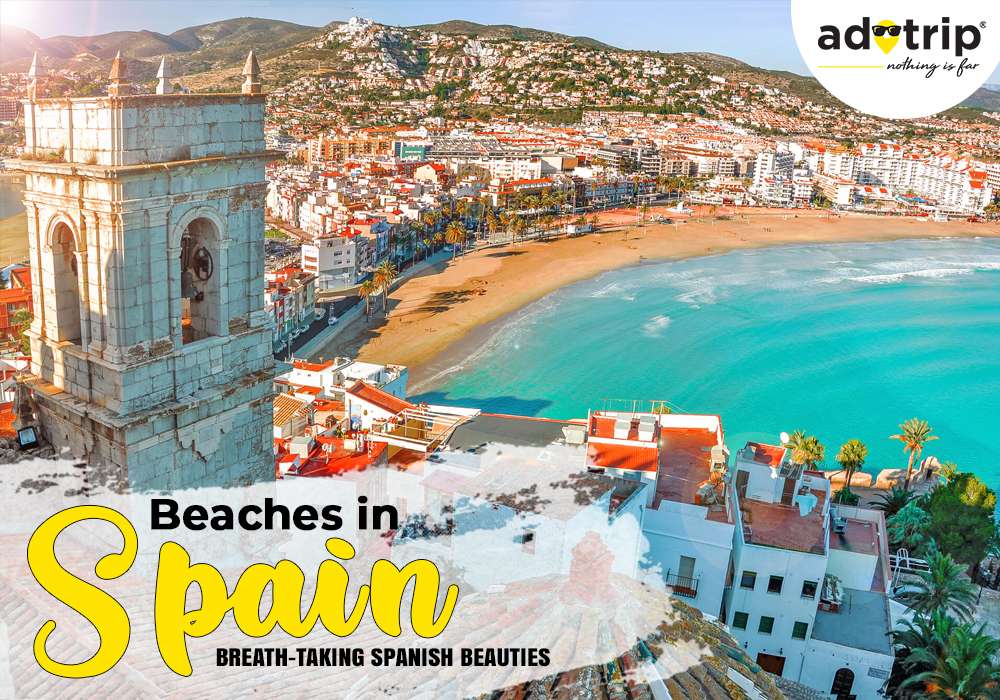

 (1).png)
 Dubai
Dubai Malaysia
Malaysia USA
USA





